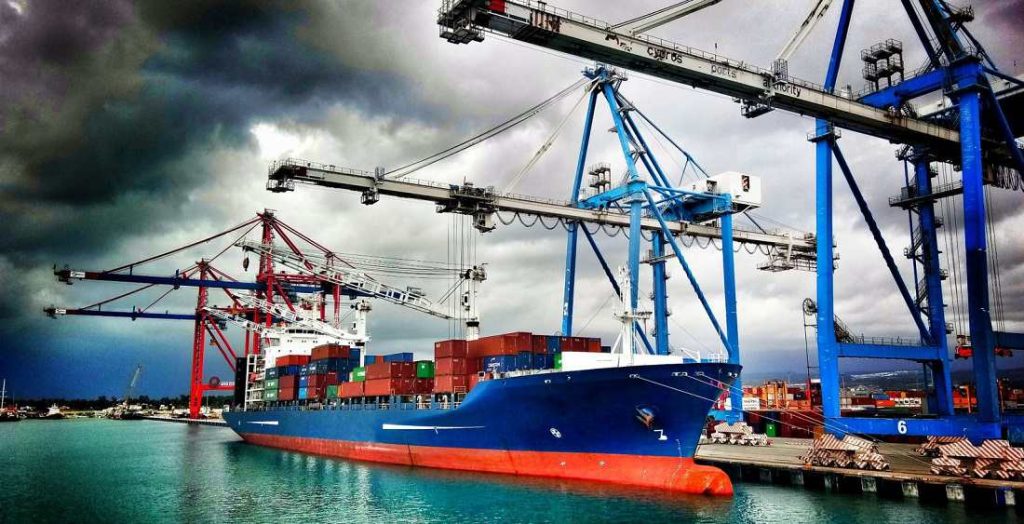
As per the statement by the state-run Global Times, this new controversial law requires the operators of ships (both commercial and military) carrying radioactive materials, bulk oil, chemicals, liquefied gas and other toxic and harmful substances, nuclear vessels and submersibles to report detailed information such as their name, call sign, current position, destination and cargo to the Chinese authorities, before sailing through the Chinese territorial waters. It further added that vessels that endanger China’s maritime traffic safety will have to report their name, call sign, current position and next port of call and estimated time of arrival. The name of shipborne dangerous goods and cargo deadweight is supposed to be reported to China’s maritime authorities.
Revised and adopted by the Chinese National People’s Congress in April, the law states that it is developed for the purposes of strengthening maritime traffic management, maintaining the maritime traffic order, ensuring the safety of life and property, and safeguarding the rights and interests of the state.
Although Beijing has asserted that the new law is aimed to navigation and maritime safety, emphasis on ‘the sea areas within the jurisdiction of China’, till now, it has only given rise to anxiety over the navigation of vessels in the wider Indo-Pacific region.
China has asserted sovereignty over the vast majority of the South China Sea, comprising of areas located hundreds of miles beyond the 12 nautical miles limit accepted under the United Nations Convention on the Law of the Sea (UNCLOS), violating the same. The nation has seized and built several islets in the Paracel and Spratly Islands, building forward military bases provided with air defense systems, strategic runways and piers for naval vessels.
Raul (Pete) Pedrozo, Professor of International Law at the Stockton Center for International Law, predicts that Beijing will use the new law to engage in grey zone operations below the threshold of armed conflict, seeking to intimidate its neighbours and further erode the rule of law at sea. He mentioned: “China is once again testing the international community to gauge how it will react to the enactment of yet another maritime law that exceeds the permissible jurisdictional limits of international law, as reflected in UNCLOS.”
Over 55% of India’s commercial shipping passes over the South China Sea and Malacca Straits, estimated the country’s Ministry of External Affairs.

